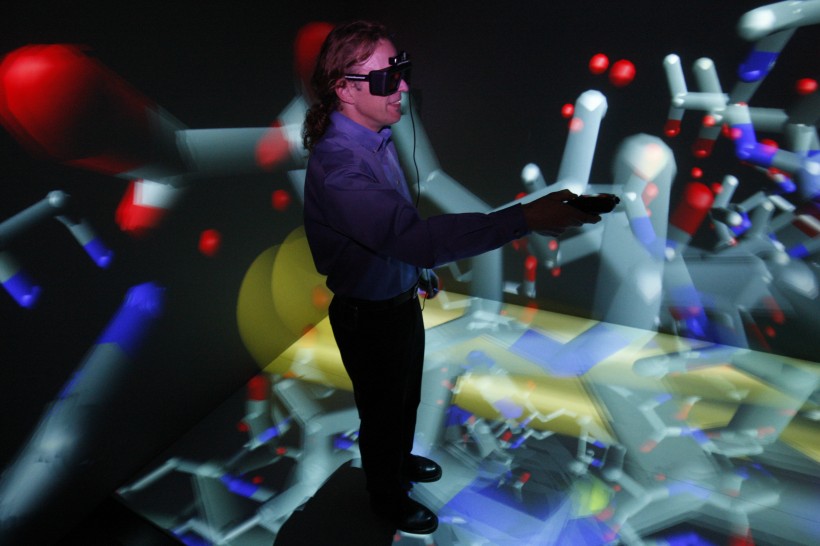We’re pleased today to release our third Entrevestor Intelligence report of 2014, which focuses on the contribution of educational institutions to the startup community.
Titled “Our Back-to-School Issue”, the report highlights several programs and facets involving universities and colleges that are helping to generate growth in the startup segment. A PDF version of the report is available permanently under the “Entrevestor Intelligence” tab at the right of our home page. You can read it here.
Our aim with the report is to highlight how post-secondary institutions support the startup community – from conducting and commercializing research, to teaching entrepreneurship, to attracting people to the region.
As we point out in the main story, these schools account for roughly 60 percent of the research and development in the region. Some of it has been spun off into successful startups, like Smart Skin Technologies of Fredericton, Verafin of St. John’s, and BlueLight Analytics of Halifax. In total, the institutions have spent more than $1 billion on R&D in the past three years, half of which has been spent on Atlantic Canadian salaries and a further quarter of which was spent in the regional economy.
“Research faculty are in fact among the greatest risk takers we have in the region,” said Chris Mathis, President and CEO of Springboard Atlantic, an organization dedicated to commercializing research at these institutions. “They see big problems like health, the environment, energy waste, social problems – and they actually try to engage in finding new ways to address these problems. This requires study, observation and experimentation – all of which few if any companies would ever consider tackling.”
In addition to supplying technology as the foundation of new startups, colleges and universities often act as the maternity ward for startups in the region. Of the 290 Atlantic Canadian startups Entrevestor identified at the end of 2013, at least 48 (or 17 percent) were founded by students or faculty at these institutions, often incubating over several years. The same number of startups were developed from intellectual property developed at the universities. And at least 72 startups have used the resources, such as laboratory space, supplied by colleges and universities as they grew.
There is some overlap in these groups, and in total some 109 startups in Atlantic Canada – 38 percent of the total – have benefited directly from the presence of Atlantic Canadian universities throughout their development. These companies employed more than 900 people at the end of 2013 -- almost one-third of the direct employment in the startup industry.
These affiliations could take the form of being spun out of university research, being founded by faculty or students, being incubated in an entrepreneurship program, or lending the company lab space or other resources. Whatever they do, the universities back some great companies.
Last year, these companies attracted at least $22.8 million of equity funding – 44 percent of the total for Atlantic Canadian startups. In the previous two years, startups affiliated with these universities raised $17.7 million and $21.6 million.
The educational institutions report has been printed and will soon be available at startup houses around the region. We’ll have copies at the Entrevestor-Entrepreneurs’ Forum lunch in St. John’s on Thursday and the dinner in Halifax on Sept. 25. Copies will also be available at the Startup Empire on Sept. 23, and at Invest Atlantic on Sept. 29-30.
The fourth Entrevestor Intelligence supplement, which will focus on the global marketplace, will be out in November.
Disclaimer: Entrevestor receives financial support from government agencies that support startup companies in Atlantic Canada. The sponsoring agencies play no role in determining which companies and individuals are featured in this column, nor do they review columns before they are published.










